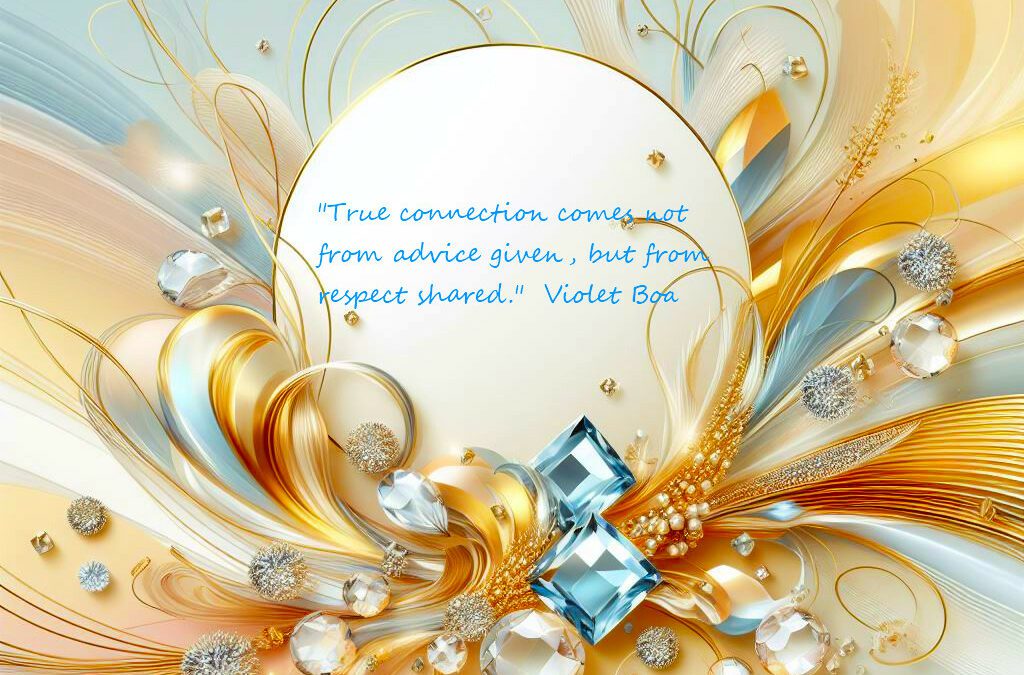Technology brought about the virtual community, which is an open, complex, dynamic and creative environment. It is the place people come to fulfill their dream, to work on their passion, and to tell the story. Still, as in any community, some actions can adversely interfere with this positive interaction. These behaviours include for example; offering comments and suggestions where they are not requested.
To be specific, it is easy to think that receiving free advice is all right and even good. But, as is usually the case, it comes with some pullback while serving as handy within virtual contexts. Now let us discuss why such actions are advantageous for the abuser and may be damaging for the victims and how we can create more favorable atmosphere for everybody.
The Psychology Behind Unsolicited Advice
Unsolicited advice often stems from a genuine desire to help, but it can also reflect deeper motivations:
- A Sense of Superiority: Some people get some level of satisfaction from offering opinions, and one can give a…wealth of knowledge about something they might not even know much about. I’d argue that it can foster a kind of communication that becomes veiled in knowing smugness, which is pretty much synonymous with arrogance or condescension.
- Projection: At times, they shown their own fears or anger on to other people. For instance, they may recommend the changes they cannot make or focus on the decision through the glasses of their unmet needs and wants.
- Misjudged Good Intentions: High expectations are a similar impulse where people could just forget the necessity of evaluating a context, resources, or goals of another person before giving recommendations.
Why Unsolicited Advice Can Be Harmful
In creative and professional spaces, unsolicited advice can feel invasive for several reasons:
- It Undermines Agency: Information that has been offered out without the consent of the recipient suggests that that particular individual is not able to handle their issues independently or that their current work is insufficient.
- It Distracts from Purpose: Established creators and other professionals seldom act without clear goals and plans in mind and synchronously are able to advance their careers on multiple levels at once. Told that is how you shouldn’t do it and that comes from someone who isn’t even part of it really sucks.
- It Breaches Boundaries: Second Life and similar environments require the respect of others. Giving unsolicited advice or advice to anyone who doesn’t need it can also be embarrassing and reduce trust.
A Better Way Forward
Respecting boundaries and fostering a supportive virtual environment benefits everyone. Here are some key principles to follow:
- Ask Before Offering Advice: If you have some ideas that you want to convey, it is better to ask the other side if it is suitable for it. A simple statement as “Would you like feedback on this?” can work wonders.
- Consider Your Intentions: Ask yourself why do you feel the need to offer advice in the first place? Is it the reality or the way you want to see it?
- Focus on Support, Not Critique: These are much beyond mere suggestion because encouragement and positive reinforcement is always known to work much further. Coach people without attempting to change their behavior, instead appreciate their work being done.
- Practice Empathy: Just bear in mind that you don’t always know the bigger context; the other person’s goals, struggles and available support. I will always give the benefit of the doubt and always treat the client as an independent individual.
A Call to Build Respectful Communities
On a more global scale, people do not like to receive unsolicited advice not only in direct business but also in the large virtual communities we are interacting with today. Moving from criticizing people and their work to creating a culture of intentionally encouraging people and respective creations leads to development rather than degradation.
At last, each person has his life and it belongs to him. Reciprocity and dignity in an interconnection organization mean the kind of virtual world where creativity is valued, communication strengthens, and diversity is appreciated.
I want to thank you for being part of creating such a community of respecting and understanding each other and bringing only positive energy. Together we can make our spaces inspiring.

Sign up for our newsletter now!








